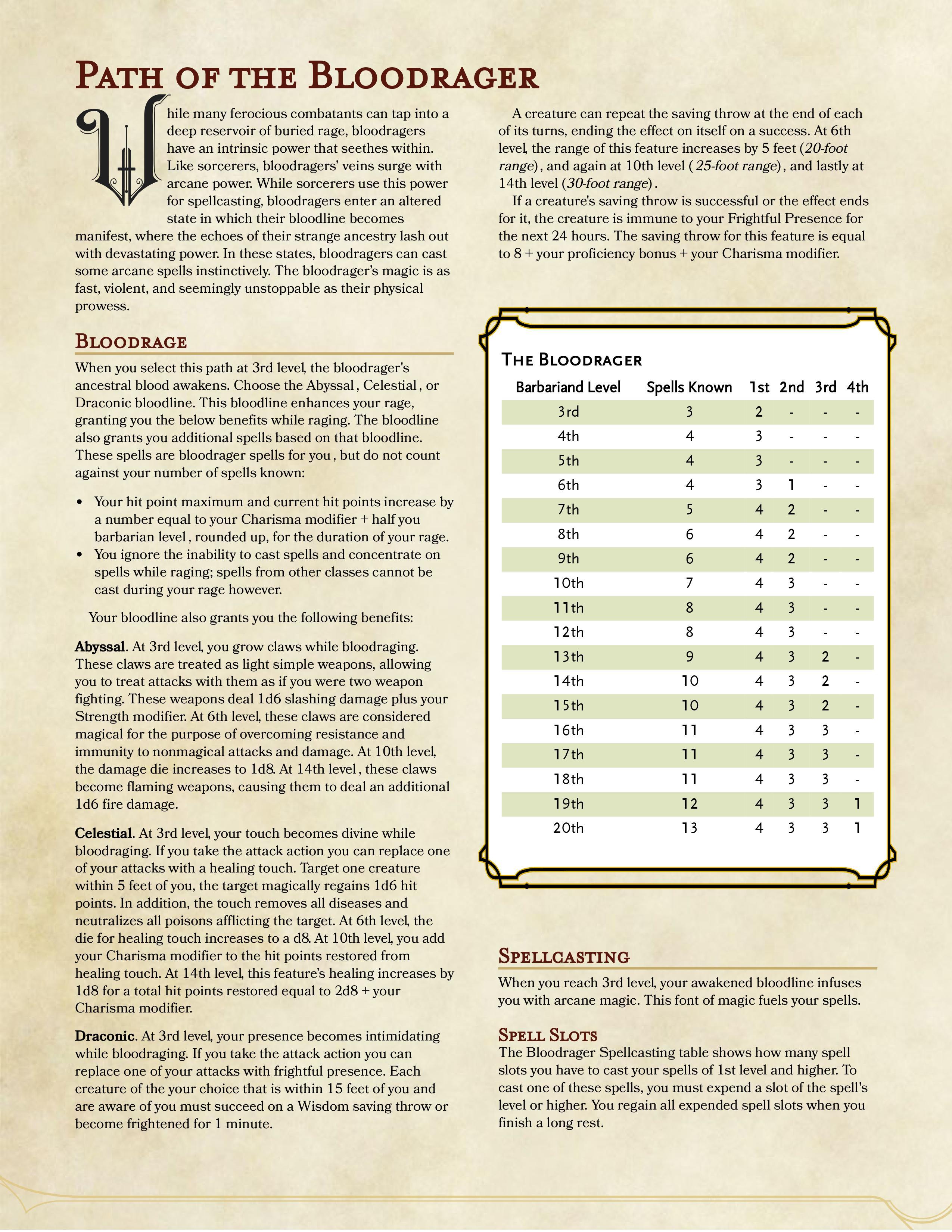In an era where meritocracy is increasingly championed as the cornerstone of equitable societies, the practice of selecting beneficiaries based on bloodlines remains a contentious issue, often undermining principles of fairness and justice. The notion that opportunities and privileges should be distributed according to lineage rather than individual merit perpetuates systemic inequality and stifles innovation. As we navigate the complexities of modern governance, economics, and social structures, it is imperative to critically examine the implications of hereditary privilege and advocate for a merit-based approach that prioritizes competence, effort, and achievement. This analytical discourse seeks to explore the multifaceted arguments for transitioning to meritocratic selection processes, highlighting the benefits of such a shift in fostering inclusive growth, enhancing societal productivity, and ensuring that talent and hard work are duly recognized and rewarded.
Evaluating Merit: The Key to Fair Beneficiary Selection
In the pursuit of equitable and just systems, the evaluation of merit emerges as a cornerstone principle, ensuring that opportunities are distributed based on capability and potential rather than ancestry. This approach not only aligns with the values of fairness and inclusivity but also fosters environments where innovation and excellence can thrive. By focusing on individual achievements and skills, organizations and societies can harness a diverse range of talents, leading to more robust and dynamic outcomes.
- Objectivity: Decisions are based on clear, measurable criteria.
- Inclusivity: Opens doors for individuals from varied backgrounds.
- Efficiency: Ensures that the most capable individuals are in positions to make impactful contributions.
Implementing a merit-based selection system requires a commitment to developing transparent evaluation processes and criteria that are free from biases. This not only involves assessing candidates’ past performances but also their potential to contribute meaningfully in the future. By prioritizing merit, we champion a system that respects and rewards true capability, driving both individual and collective progress.

Understanding the Limitations of Bloodline-Based Entitlements
In the modern world, where meritocracy is increasingly becoming the benchmark for success, the concept of entitlements based solely on ancestry appears antiquated and often counterproductive. Bloodline-based entitlements can create a false sense of security and stagnation, allowing individuals to rise to positions of power or receive benefits without the necessary skills or experience. This not only undermines the potential for innovation and progress but also perpetuates social inequalities, as opportunities are distributed based on heritage rather than capability.
- Injustice to deserving candidates: Relying on lineage can deny opportunities to those who have worked hard and demonstrated exceptional skills and talents.
- Perpetuation of outdated hierarchies: It reinforces social stratification, maintaining divisions that can hinder societal growth.
- Resistance to change: Entrusting responsibilities to individuals based on ancestry may discourage fresh perspectives and innovative ideas, leading to stagnation.
While tradition and legacy hold sentimental value, the future demands a shift towards a system that values individual merit and potential. This approach not only ensures fairness but also harnesses the diverse talents of a broader pool of individuals, driving societies towards a more equitable and progressive future.

Implementing Transparent Criteria for Equitable Distribution
In the pursuit of fair allocation, it is essential to establish clear and transparent criteria that prioritize merit over familial connections. Transparency ensures that all stakeholders understand the rationale behind distribution decisions, fostering trust and minimizing potential biases. By creating an equitable system, we can ensure that resources reach those most deserving, rather than being influenced by nepotism or favoritism. This involves the implementation of standardized assessment processes that evaluate individuals based on objective achievements and contributions.
- Objective Evaluation: Develop metrics that assess skills, experience, and potential impact.
- Inclusivity: Ensure that criteria are designed to be accessible to all, regardless of background.
- Accountability: Regular audits and feedback loops to refine and uphold the standards.
By embedding these principles into the distribution framework, organizations can champion a culture of fairness and integrity, ultimately driving more effective and impactful outcomes. Such an approach not only aligns with ethical standards but also enhances organizational credibility and public trust.

Crafting Policies to Prioritize Competence Over Heritage
In the realm of policy-making, the emphasis on competence rather than heritage is paramount to fostering a society that values skill, knowledge, and innovation. Policies should be designed to ensure that opportunities are accessible to individuals based on their abilities and achievements, rather than their family background or connections. This approach not only promotes fairness but also drives economic growth by leveraging the full spectrum of available talent.
- Transparent Evaluation Criteria: Implement clear, measurable criteria that focus on skills, experience, and performance.
- Equal Opportunity Frameworks: Develop systems that provide all individuals, regardless of their background, with equal access to opportunities and resources.
- Merit-Based Incentives: Encourage organizations to adopt incentive structures that reward individual contributions and results.
By crafting policies that prioritize merit, societies can dismantle the barriers created by entrenched privilege and cultivate a more dynamic and inclusive environment. This shift not only benefits individuals who might otherwise be overlooked but also enriches the collective by drawing from a more diverse pool of talent.



